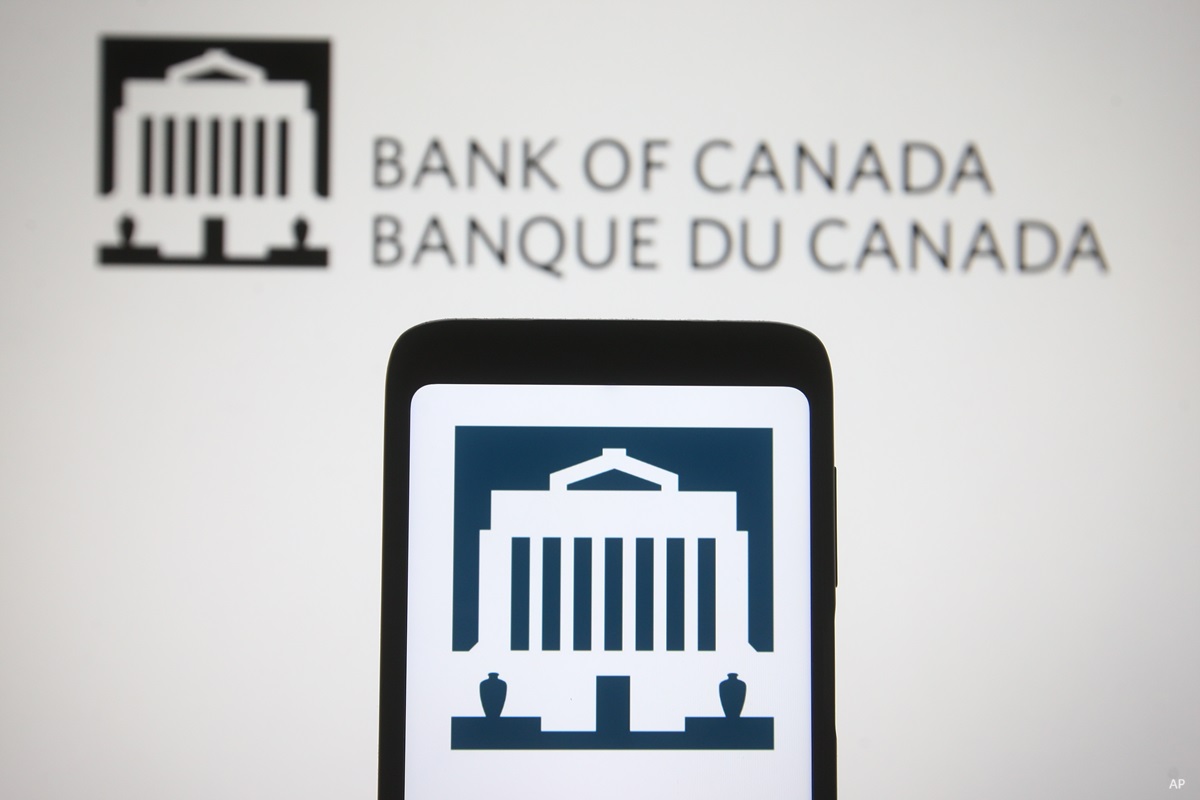
Today, the Bank of Canada announced an increase in its key interest rate to 1% - its first 50bps hike in more than two decades. The reasons? The war in Ukraine, supply chains and inflation. The economy’s moving into “excess demand” – and investors should keep an eye out for more hikes on the horizon.
“Russia’s ongoing invasion of Ukraine is causing unimaginable human suffering and new economic uncertainty,” said the Bank of Canada, “Price spikes in oil, natural gas and other commodities are adding to inflation around the world. Supply disruptions resulting from the war are also exacerbating ongoing supply constraints and weighing on activity. These factors are the primary drivers of a substantial upward revision to the Bank’s outlook for inflation in Canada.”
Moving into Inflation
Growth is strong and the economy is moving into excess demand, said the announcement about the evolving situation in Canada, “Labour markets are tight, and wage growth is back to its pre-pandemic pace and rising. Businesses increasingly report they are having difficulty meeting demand, and are able to pass on higher input costs by increasing prices,” the Bank notes, adding that trend is picking up some steam: “Growth looks to have been stronger in the first quarter than projected in January and is likely to pick up in the second quarter.”
What’s Next?
The Bank sees inflation persisting “well above target” and judges that interest rates will need to rise further, while recognizing that a path forward for the economy is beginning to form. “Robust business investment, labour productivity growth and higher immigration will add to the economy’s productive capacity, while higher interest rates should moderate growth in domestic demand,” the Bank noted.
Housing affordability and efforts to quell demand did not appear to be a focus in the announcement, although the Bank did mention house prices with an expectation of price moderation: “Housing market activity, which has been exceptionally high, is expected to moderate.”
How Much Can Housing Handle?
“We still expect the peak in Canadian rates to be markedly lower than in the US - since housing is more obviously over-valued north of the border, household debt burdens are much higher and rate-sensitive residential investment accounts for a much bigger share of the economy,” Paul Ashworth, Chief North America Economist, Capital Economics, “While we now expect the Fed to get the fed funds rate to a peak of 3.38% in H1 next year, we suspect the Bank of Canada will struggle to get its policy rate much above 2%.”
What Can Canadian Investors Do?
"The BoC's move to increase interest rate hikes come at a time when housing prices in Canada continue to breach historical records, and inflation is higher than it has been since the early 90's," says Ian Tam, Morningstar Canada's Investment Specialist, "For Canadian investors, remaining conservative on how much debt (whether it's mortgage or otherwise) to take on should definitely be on your radar as we start to move from an ultra low-rate environment."




















